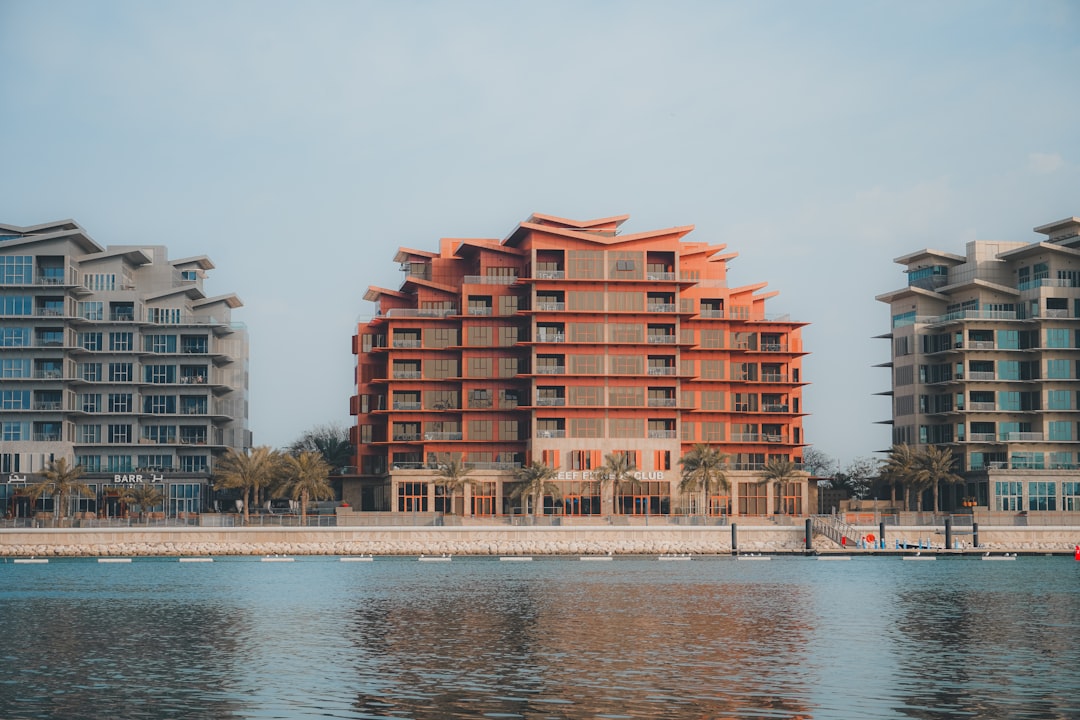Antalya’s rapidly developing construction sector has led to the frequent use of construction contracts in return for flats. These contracts are based on the principle that the landowner grants the land to the construction company in exchange for a specific number of apartments or units. However, numerous problems can arise during the implementation of these contracts, particularly regarding floor easements. This article will address common floor easement issues encountered in construction contracts in return for flats in Antalya and their possible solutions.
What is Floor Allocation and Why is it Important?
A floor easement is a legal regulation that allows shared use of common areas (elevators, stairs, gardens, etc.) in a building, even though individual units (apartments, workplaces, etc.) are owned separately. In construction contracts for land in exchange for land, the accurate and complete establishment of a floor easement is crucial to safeguarding the rights of both the landowner and the contractor. An incomplete or incorrect floor easement can lead to serious problems and disputes in the future.
Common Floor Allotment Problems
The floor easement problems frequently encountered in construction contracts in return for flats in Antalya are as follows:
1. Incomplete or Faulty Establishment of Floor Easement:
Failure to register the floor easement rights for all the independent units specified in the contract, or the presence of errors in the floor easement document, can lead to problems in land registry transactions and determining property rights. For example, failure to correctly specify the right of use of common areas or incorrectly indicating the area of independent units can be considered in this context.
2. Disputes in the Use of Common Areas:
Lack of clarity and clarity in the floor easement document regarding the use of common areas can lead to disputes between the landowners and the new owners. For example, disagreements may arise regarding parking rights, landscaping, or maintenance responsibilities.
3. Provisions Not Compliant with the Condominium Law:
Some provisions in construction contracts in exchange for flats may violate the Condominium Ownership Law. This could render the contract invalid or render some of its provisions unenforceable. In particular, regulations regarding the use of common areas should be carefully reviewed for legal compliance.
4. Changes After Establishment of Floor Easement:
After construction is completed, changes to the floor easement document may be necessary. It is important that these changes be made with the approval of all relevant parties and the approval of the relevant authorities. Otherwise, the changes may be invalid.
Solution to Floor Allotment Problems
To resolve floor easement issues, the contract and floor easement document must first be carefully reviewed. Depending on the nature of the issue, mediation, arbitration, or litigation may be necessary. Seeking legal assistance from a qualified attorney will ensure the most effective and expeditious resolution of any issues. Especially in a developing city like Antalya, receiving legal assistance from an experienced attorney can significantly benefit both in terms of time and cost. Being careful during the contractual process and working with an experienced attorney plays a crucial role in preventing potential problems.
For those seeking legal advice regarding construction contracts in return for flats in Antalya, consulting with a qualified attorney is crucial for preventing potential problems and resolving existing ones. Given the complexity of legal proceedings, seeking professional assistance is the best way to protect your rights and find the most appropriate solution. The expertise and knowledge of an experienced attorney will be crucial in every phase of this process, from the proper drafting of contracts to the resolution of potential disputes.


